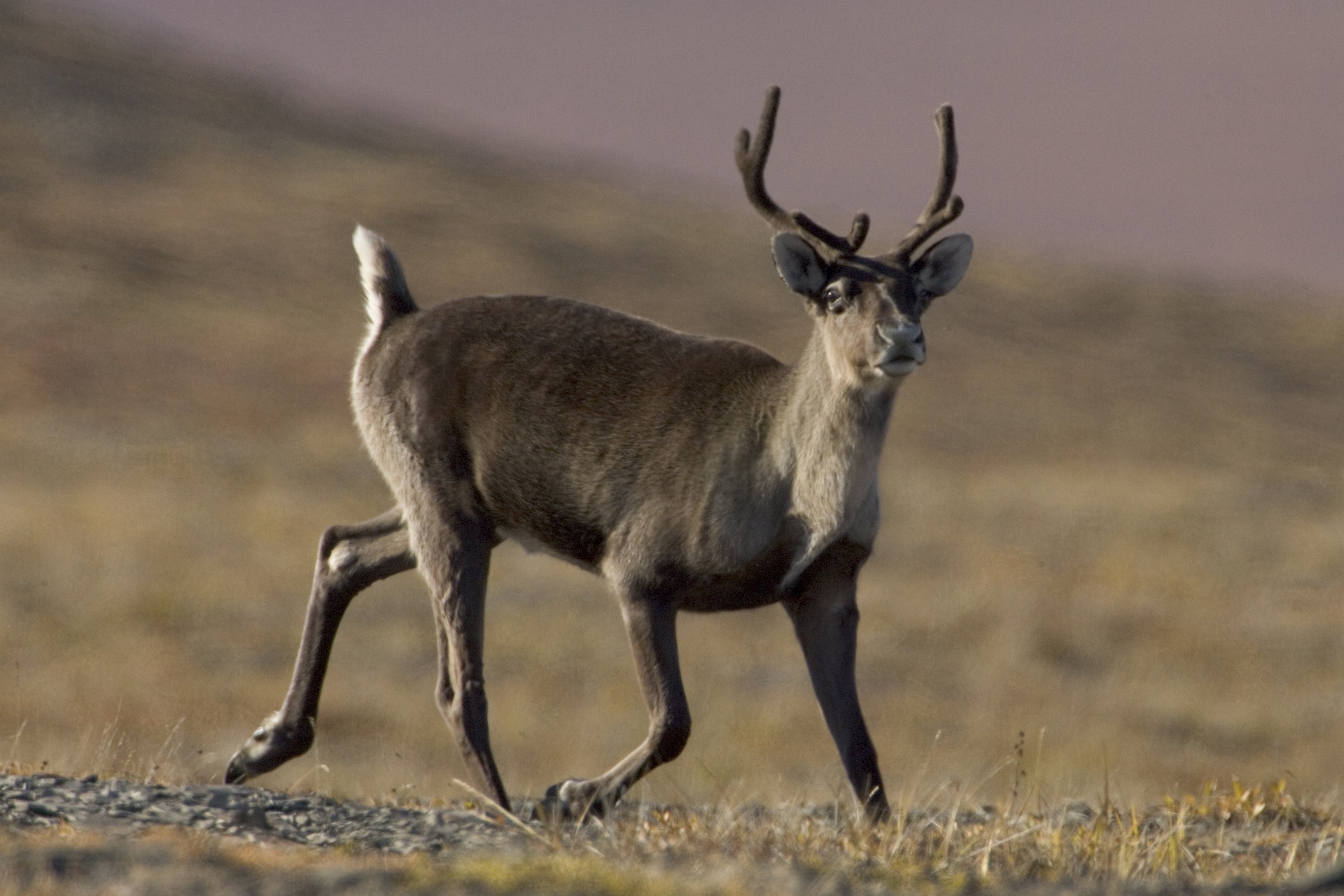CPAWS welcomes draft caribou range plan as a great first step

October 30, 2017, Prince Albert – The Saskatchewan chapter of the Canadian Parks and Wilderness Society (CPAWS) welcomes today’s release of a draft range plan for the Woodland Caribou as a first step in protecting the habitat of this threatened species. Saskatchewan is the second province to release a draft plan, and the first to include so much detail.
“We are pleased to see Saskatchewan making big strides on caribou in a relatively short period of time. While this is only a draft, it’s an encouraging starting point,” says Gord Vaadeland, the Executive Director for CPAWS Saskatchewan.
Extensive peer-reviewed science outlines the need for large, undisturbed areas of caribou habitat to be maintained in order to protect the future of this species. This science was developed by 18 of North America’s leading caribou scientists and pulled together by the federal government in 2008 and 2011. In 2012, the federal government put in place a recovery strategy requiring at least 65 per cent of caribou ranges remain intact—a proportion that evidence showed would give caribou only a 60 per cent chance of being “self-sustaining” or surviving in the wild in the long term. Caribou are a resilient species, yet their means of survival are particularly vulnerable to the cumulative impacts of industry.
“I’ve been involved in caribou conservation work since 2007,” says Vaadeland. “In the past 10 years, I’ve seen industry folks, Indigenous Peoples, university scientists, and NGOs come forward with resources and a willingness to find solutions to this pressing problem. This draft plan is a great example of this commitment.”
The release of this draft plan launches a 60-day public review period, which allows Canadians to have a say before it is finalized. “The process for creating this draft has been collaborative. Making this draft open to public comment is an important step,” adds Gord. “We look forward to reviewing this draft to assess how well it works for conserving caribou and providing our comments to the province.”
